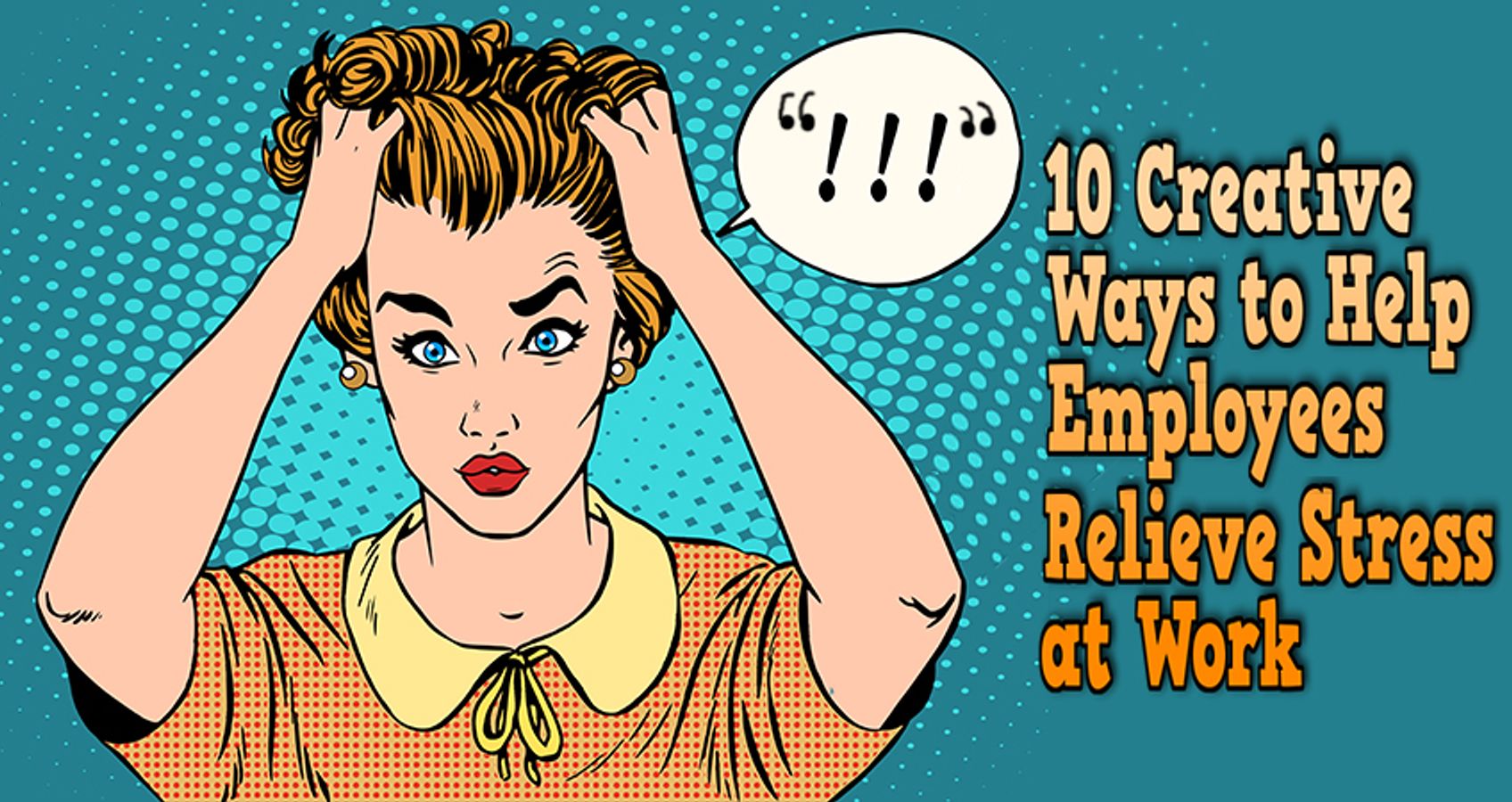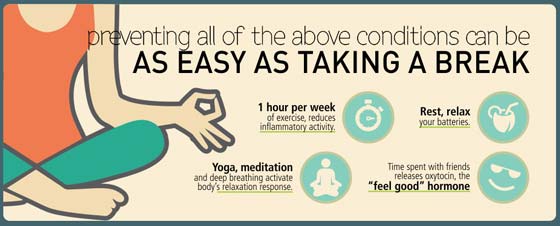As if classes, seminars, tests, and exams weren’t enough, every subject requires at least an occasional essay. And it has to be good if you want to finish the semester with excellent grades. All these details may make your study process quite chaotic and stressful. Besides, there may be no time or opportunity to relieve that stress.
It’s a dangerous road to anxiety and worse results at school, so it’s time to manage the pressure with some excellent tips.
Plan Everything Out
People tend to calm down when they know they have a plan for the day/week/year/the future/etc. Getting back on the essay topic, you should plan the research, writing, and proofreading. When you have a plan, you know exactly how much effort (and coffee) you will need.
This will make the process less stressful unless you’re doing everything last minute. If that happens, there’s also a way to not get stressed about it. Use one of the “do my essay for me” services and get a high-quality paper written specifically for you.
Do The Work One Chunk At A Time
Completing a large difficult task is much more strenuous than dealing with a small one. The method of working in chunks works both when you have a lot of time before the deadline and when you have the minimum.
In the first case, you can allow longer breaks. So, you can research today, outline tomorrow, write the intro the day after tomorrow, etc.
In the second case, you need smaller but high-quality breaks to rewire your brain. Try working for half an hour at a time and then have a 10-minute rest. Test different timing to find your best ratio.
Take Stress-Relieving Breaks
Make your breaks healthy, fun, and stress-relieving. You can plan them or make them spontaneous. Different things work for different people, but once you find your best technique, stress will have no chances.

Here are some things to try:
- Talking to people.
Even a 5-minute talk to a friend will work. You can talk about the difficulties of your assignments or anything but studies. Sharing your thoughts with someone who will understand is an amazing stress-reliever. Go somewhere cozy for a cup of coffee or lunch to make it more enjoyable.
- Taking a walk.
If you feel like you need to relax alone, go for a walk in the evening or at any other time of the day. Fresh air will help you calm down, and walking will help in sorting the thoughts out. Listen to your favorite music or enjoy ambient noises around to improve the effect.
- Working out.
Exercising increases serotonin levels, giving you the feeling of general well-being. Besides, regular proper workouts improve your health and appearance. Try sweating the stress out at the gym, but make sure you get the right technique. If you’re not sure, ask a trainer for help.
- Meditating.
Another great way to achieve peace of mind and let go of all the stress is meditation. Make yourself comfortable, turn off the lights and light the candles if you’d like. Fill the room with your favorite scent, sit or lie down, and breathe. Meditations that make you focus on your breathing are basic but quite helpful. Search for proper music online to aid your relaxation.
Have An Essay Writing Cheat Sheet At Hand
Don’t have one? Here you go:
Research
Always gather a bit more material than you need as it will help you make your essay fuller. Include these into your research:
- Other students’ marked research papers;
- Books related to the topic (use online libraries to search by keywords);
- Your and peers’ notes;
- Studies;
- Official websites of organizations you’re going to mention;
- Journals related to the subject, etc.
Outline
Your outline should be:
- Easy-to-follow;
- Including basic structure (intro, main body, conclusion);
- Logical;
- Argument-to-evidence correlated.
Introduction
Your intro should consist of:
- A couple of sentences and/or a question that will draw attention;
- A strong, clear thesis statement without vague words.
Main Body
The main body of your essay should consist of several paragraphs of the following structure:
- An introductory sentence to the topic;
- An argument that supports your thesis or hypothesis;
- Evidence you’ve researched (citations and mentions are welcome here);
- A closing sentence that sums up the paragraph and makes the readers ready for the next one.
Conclusion
In the essay conclusion, you should:
- Restate your thesis, using a wider, explained version;
- Close the argument and sum up the points you’ve written about in the main body;
- Finish with a call for action if it’s applicable.
A pro tip: don’t put any new information in the essay conclusion.
De-Stress As Often As Possible
Stress is the beginning of many issues connected to your health, appearance, social life, etc. Student years truly put a lot of pressure and expectations on all of us, so getting you stressed out in writing papers is common. But it’s critical to de-stress as soon as you get some free time. It will clear your mind, restore your powers, and get you ready for that next challenge.

